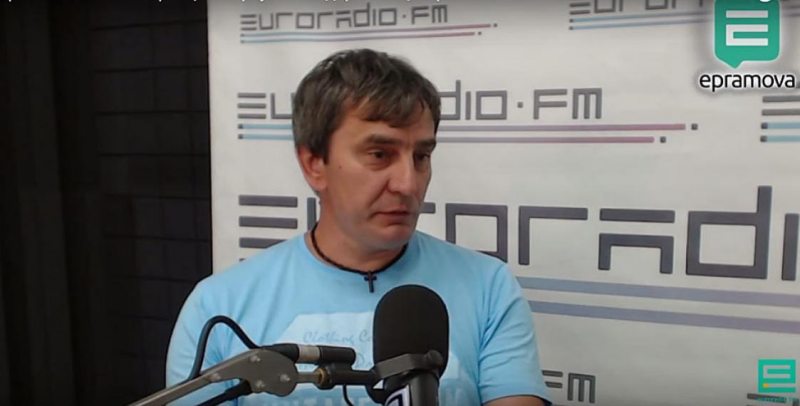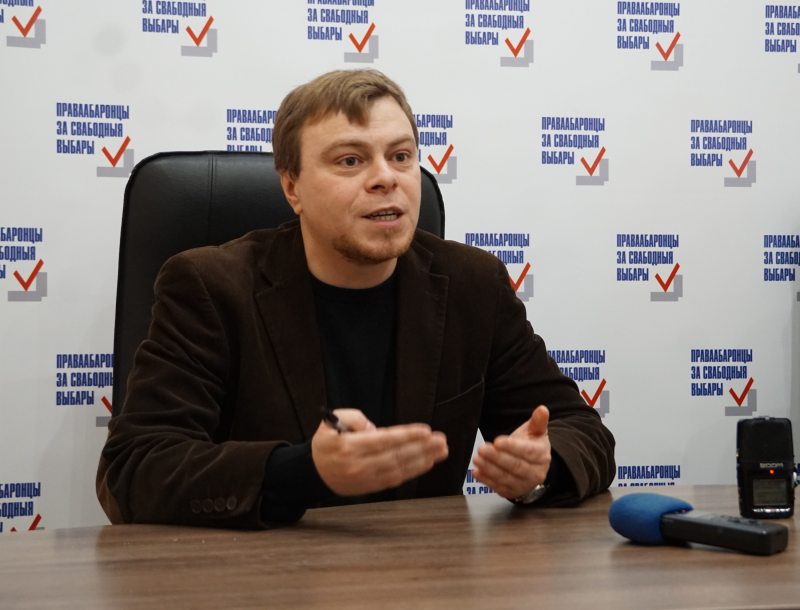Picks of the week
On April 4, Siarhei Satsuk, chief editor of the Ezhednevnik online newspaper, was released after spending 12 days in pre-trial detention.
The journalist signed an undertaking to appear, Belarusian Association of Journalists said. He is still a suspect in the case, which may result in up to 10 years in prison.
Satsuk was arrested on March 25 and later charged with giving a bribe. Human rights defenders and media experts believe that the charge is the government’s reaction to the journalist’s investigation of corruption in the health care system of Belarus.
Both Belarusian and foreign human rights organizations called to release the critical journalist and drop the charge.
The COVID-19 epidemic has become a serious challenge for human rights defenders engaged in election observation.
Some countries, including Russia and France, have postponed their elections. Others, Poland and Belarus included, will hold presidential elections as planned. Uladzimir Labkovich, Viasna’s election expert and coordinator of the nation-wide observation initiative “Human Rights Defenders for Free Elections”, believes that the pandemic itself should not affect the level of democracy and transparency of the elections:
“The voting procedure is only the finale of the election process. It is quite a different question how sincere and unbiased the campaign can be in the current environment.”
However, Labkovich notes that holding the election could endanger the health of many people.
The main component of a democratic election is the public's confidence in it, he says.
“In Belarus, the electoral process is nearly demolished, and in the course of a pandemic, it can be reduced to a pure formality,” Labkovich said.
The Human Rights Center "Viasna" sent an appeal to the rector of Minsk State Linguistic University regarding the expulsion of a student, Lizaveta Prakopchyk, over alleged absence from classes.
"Viasna expresses serious concern over the expulsion of MSLU student Lizaveta Prakopchyk because of her active public position aimed at introducing distance learning because of the spread of the coronavirus infection at the university," the statement reads.
Human rights activists believe that it is necessary to take into account the context in which the student was expelled. The World Health Organization declared a worldwide COVID-19 pandemic and called on all states to take measures to prevent its spread. At the same time, Belarus fails to take adequate measures aimed at preventing the spread of COVID-19 and does not close education institutions for quarantine, nor does it introduce distance learning of students.
Yelizaveta Prakopchyk earlier suffered from a number of diseases (pneumonia, bronchitis), and her actions were dictated by the care of her health. Accordingly, the reason for skipping classes should be considered in this case as valid, and the expulsion should be revoked.




















